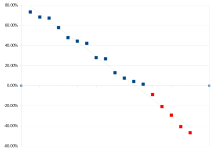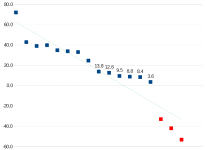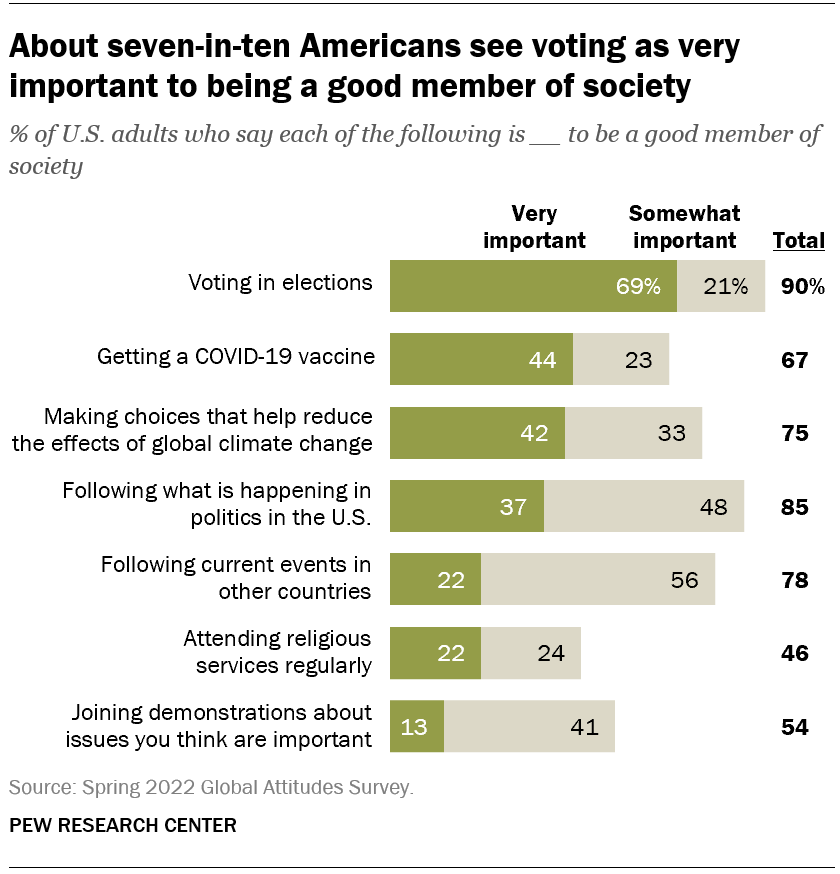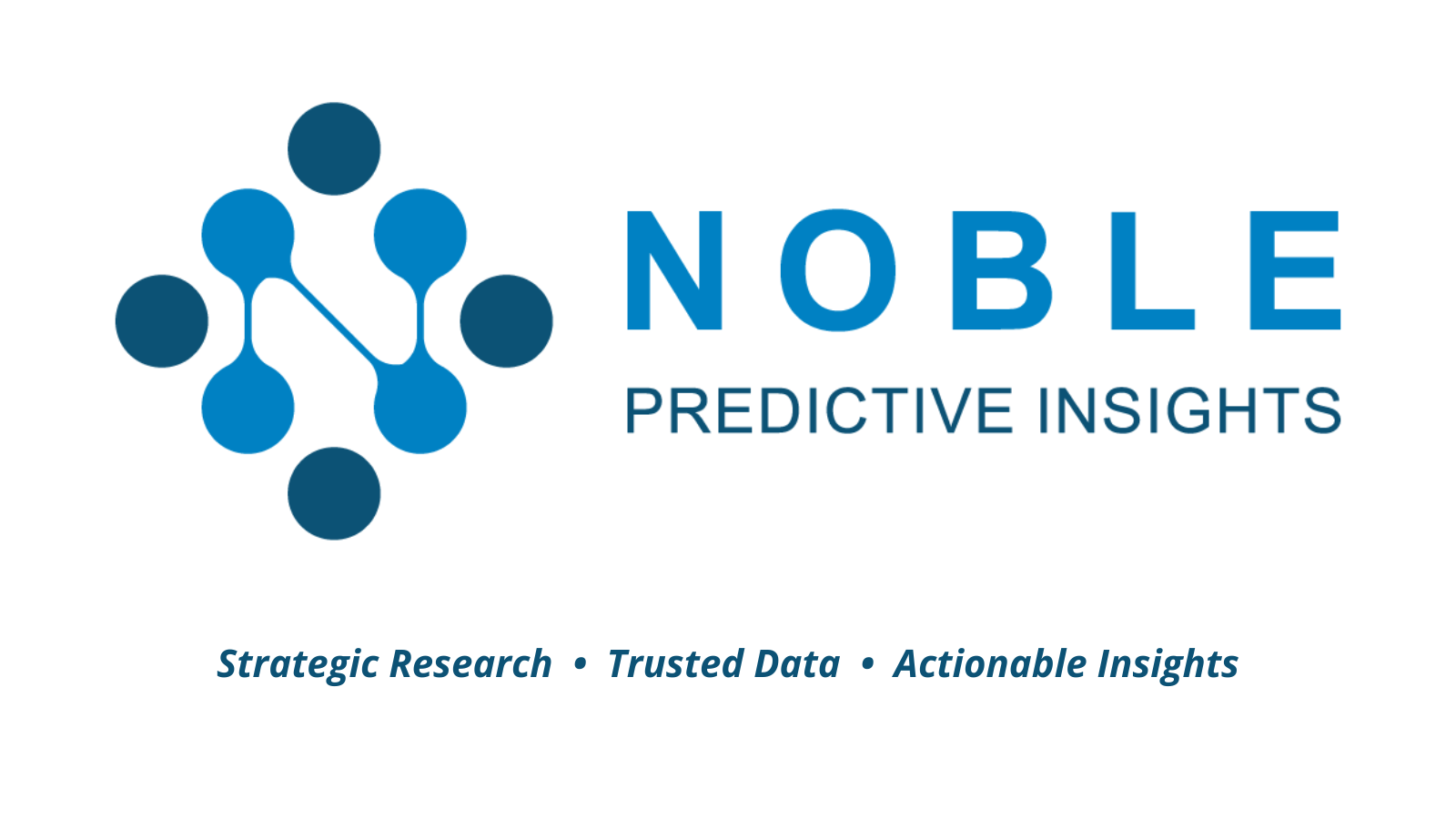- Joined
- Sep 11, 2021
- Messages
- 18,838
- Reaction score
- 11,592
- Gender
- Undisclosed
- Political Leaning
- Very Liberal
This might help. It's a graph of the 2020 Illinois result. What we're looking for in a non-gerrymandered state is a nice straight line, with the most extreme partisan districts being for the majority.

This is really pretty good. To get representation equal to the popular vote, you'd need to "pack" more Democratic districts (left hand side), thus bringing the three most marginal Dem districts to (or below) the line where Republicans could expect to win them. But that would be gerrymandering!
If it hadn't been for the gerrymander since then, it's entirely possible Republicans would have won two or three more this year. Without Trump's unpopularity in that blue state, and with the mid-term advantage (mild though it turned out to be) they had a fair chance. But actually, Democrats gained one.

This is really pretty good. To get representation equal to the popular vote, you'd need to "pack" more Democratic districts (left hand side), thus bringing the three most marginal Dem districts to (or below) the line where Republicans could expect to win them. But that would be gerrymandering!
If it hadn't been for the gerrymander since then, it's entirely possible Republicans would have won two or three more this year. Without Trump's unpopularity in that blue state, and with the mid-term advantage (mild though it turned out to be) they had a fair chance. But actually, Democrats gained one.
Last edited:




